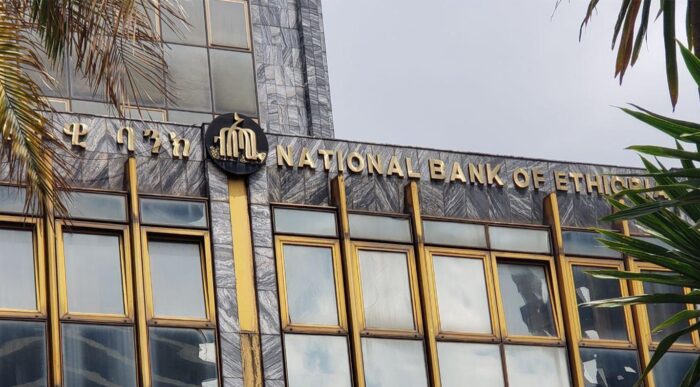National Bank of Ethiopia Urges Banks to Narrow Foreign Currency Exchange Rate Gap
The National Bank of Ethiopia (NBE) has issued a directive urging Ethiopian banks to reduce the gap between buying and selling foreign currency.
This follows the government’s decision to adopt a market-led foreign exchange rate system, with banks now setting daily foreign exchange rates.
Recently, a significant disparity has emerged, with buying and selling rates differing by more than tenfold.
In response, the NBE has stated that it is actively monitoring the processes in the foreign exchange market to ensure the new system operates smoothly.
According to the NBE, the gap between the purchase and sale of foreign currency should align with international standards, and the difference should not exceed two percent.
The central bank has communicated this directive to commercial banks through an official letter, mandating that the new guidelines be enforced starting October 16, 2024.
The NBE also clarified that, despite the new policy, commercial banks will continue to set their own currency exchange rates in consultation with their customers.
However, they must clearly differentiate the commissions charged on foreign currency sales, ensuring transparency with customers.
Following the NBE’s announcement, some banks have already responded by lowering their selling prices.
For instance, the Commercial Bank of Ethiopia reduced the selling price of one U.S. dollar from 123 birr to 115 birr.
The National Bank’s intervention aims to create a more stable and transparent foreign exchange market, fostering greater confidence and efficiency in currency transactions across the country.
This move comes after Ethiopia’s decision in July to manage foreign exchange transactions through a market-led (floating) system, which has led to a significant rise in the purchasing power of the birr.
Following Ethiopia’s economic policy change, The World Bank has granted more than $16 billion in financial assistance to Ethiopia.
In last July, the World Bank’s Board of Directors announced that it will provide $16.6 billion in loans and assistance to Ethiopia over the next three years.
Several Western countries, including the United States, Britain, and the European Union, have announced their support for Ethiopia’s new economic reforms and pledged to assist in their implementation.
Ethiopia’s economy faces multiple challenges, including the aftermath of the war, the COVID-19 pandemic, climate change, rising living costs, and international pressures.
Currently, Ethiopia’s foreign debt stands at $29 billion, with half owed to China. Ethiopia is seeking an extension of the loan repayment period.
Prime Minister Abiy Ahmed mentioned in a discussion with tax-paying businessmen that Ethiopia has repaid $10 billion in loans over the past five years.
